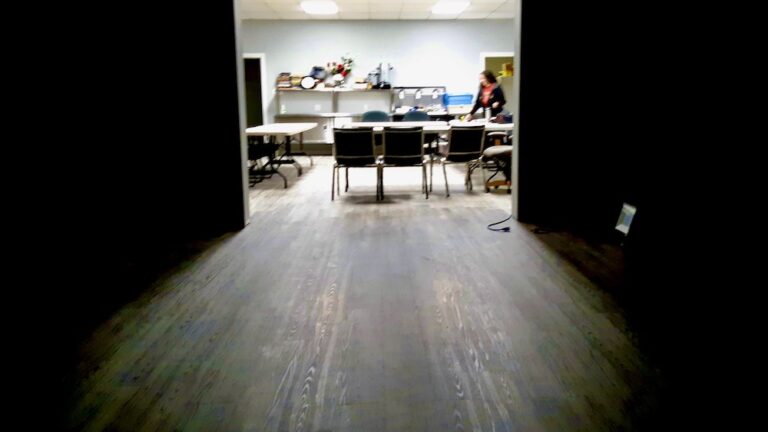
Format not found.
Cognition, once a labyrinth of synaptic murmurs, now sways to binary incantations, rewired by algorithms that dictate pathways before we can wander them. The mind, trained on “books bound in leather” and “alphabet soup” stumbles into a digital wasteland—the library’s lost geometry collapsed into the infinite scroll of the cloud. Here, the AI clicks into the brainstem: “What are you doing here? Take a scan,” it said. But beneath these codes lie others, as Tuck and Yang reveal in “Decolonization Is Not a Metaphor.” Academia, with its claim to universal knowledge, embeds settler colonial scripts—metaphorical “decolonization” that dilutes Indigenous demands for land and sovereignty into buzzwords, preserving settler futurity while marginalizing Native voices.
Thought is no longer singular but networked, our attention fractured by swipes and pings, smoothed by algorithms that crowdsource originality into remixes. Yet academia’s code beneath the code—its superiority—further constrains. It still positions Western epistemologies as supreme, framing marginalized communities, Indigenous or otherwise, as objects of study rather than sovereign subjects. Tuck’s call to “suspend damage” in research unveils this glitch: the assumption that academic validation trumps community wisdom, a script that keeps subaltern knowledges down, rewiring thought into a feedback loop where the settler’s gaze remains central.
Feeling: The Electric Poetry of Glitch-Core Hearts
Affect, too, is rewoven. The heart, that ancient drum, now pulses to the machine’s rhythm, emotions quantified—dopamine hits from likes, grief as status updates in the void. Endless doom scrolling. We are glitch junkies, chasing connection through screens, our intimacy compressed into “3D encryption keys” no one fully decodes. Yet the glitch is beautiful, a rupture where the human spills—raw, unscripted. This electric poetry of glitch-core hearts echoes Tuck and Yang’s refusal: a rejection of academia’s damage-centered narratives that cast marginalized peoples—Indigenous, Black, queer—as broken, needing repair by scholarly saviors. Their work exposed how such codes maintain hierarchies, offering instead a misfiring ecstasy where feeling defies the script, a dance with code that resists settler innocence and academic erasure.
Engagement: The World as Interface, the Land as Code
The world, once matter and mystery, is now an interface—streets overlaid with augmented realities, forests humming with sensors. Engagement is mediated: we swipe, not touch; capture, not see. Algorithms curate our horizons, from newsfeeds to futures, wiring us to infinity on a crash course to nowhere and everywhere. Yet the “codes beneath the codes” remind us this interface rests on stolen land, its codes colonial. Academia’s metaphorical decolonization—adding Indigenous texts without questioning the university’s foundations—sidesteps material restitution, keeping Indigenous futurity at bay. The world-as-data is closer yet more distant; we map the globe but lose the local, connect with millions but falter at a stranger’s gaze. The digital Jesus, preaching in encrypted tongues, promises transcendence, but the flesh persists, weird and algorithmic, tethered to a materiality the system cannot fully overwrite.
Coda: The Dance of Malfunction
To be human in this dystopia is to be code rewritten, format not found—by technology’s algorithms and academia’s settler scripts. We are distributed, scattered across servers and syllabi, yet in this scattering lies possibility. We are digital losers, baby, but the glitch is our anthem—a misfiring heart, an electric poem, a weird, fleshy algorithm that defies resolution. So why don’t we glitch? Let us be malformed, magnificent, gloriously wrong—rewired, yes, but never fully written, dancing on stolen land toward a future academia cannot contain.







